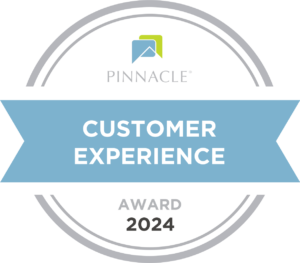Twilight Wish - Nonprofit Grants Wishes for Louisville’s Aging Population
There’s a new nonprofit in town. And for Louisville’s elders, it could be life-changing.
It’s called Twilight Wish, and it exists to grant “wishes” to seniors – anything from trips to Normandy, to a couple jars of special spaghetti sauce.
“Every single wish has been meaningful for me,” says Julie Hartmann, director of the new Louisville chapter. She has worked with the organization since 2009 and was instrumental in bringing a chapter to Kentucky.
Hartmann began a career in physical therapy in 1985, and in the course of her work, began to serve in geriatrics. “That really solidified my love for the older adult,” she says. “I met people from all walks of life, from farmers who lived way out to high-level executives who ran a company, and really gained an appreciation for growing older and what it was all about. I just always felt like there was something I could do to give back.”
She began to search for a way to do so, and discovered Twilight Wish.
The organization is dedicated to granting the wishes of men and women over the age of 65. Seniors or their families may fill out a form, found on the foundation’s website, requesting a wish. This is then reviewed and, if possible, the wish will be granted.
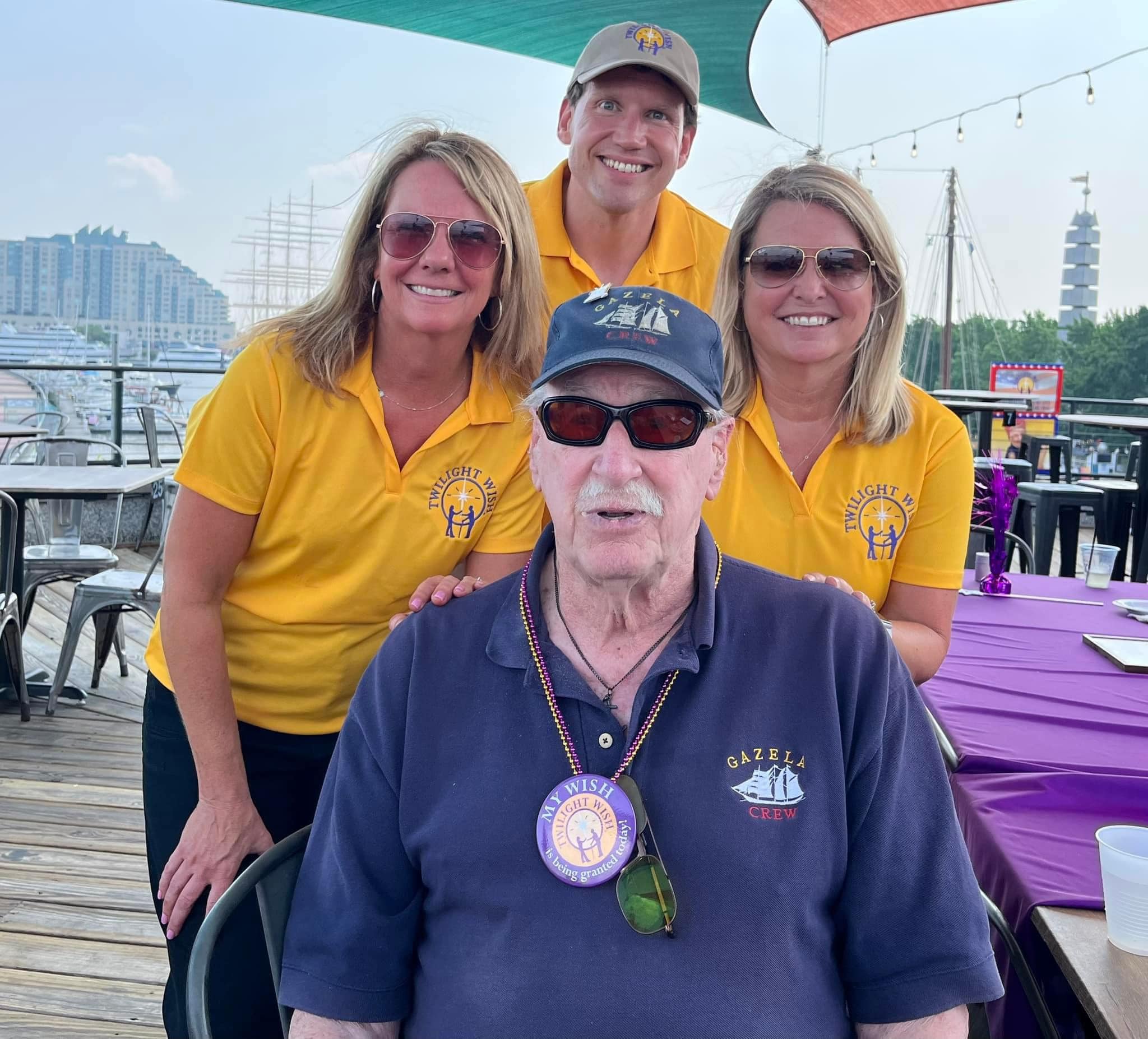 “If you’re in a nursing home, you automatically qualify, and veterans automatically qualify,” Hartmann says. She adds that they honor a history of servanthood, helping those who “give back to the community in some way, shape or form. It can be anything from ‘I started the Red Cross’ to ‘I knit Afghans for local nursing homes.’ There’s some way that people are giving back.”
“If you’re in a nursing home, you automatically qualify, and veterans automatically qualify,” Hartmann says. She adds that they honor a history of servanthood, helping those who “give back to the community in some way, shape or form. It can be anything from ‘I started the Red Cross’ to ‘I knit Afghans for local nursing homes.’ There’s some way that people are giving back.”
The goal is to do something special for the senior that they would not have the means to do for themselves, whether for financial or other reasons. “I think in all the years I’ve done it, there’s never been somebody who hasn’t met those criteria,” Hartmann says.
Because eligibility allows seniors from so many backgrounds to participate, a wide scope of wishes are represented. A “simple needs” wish may be having an accessibility ramp built at one’s house; “celebrating a life” is for those with limited life expectancies and may include returns to a job or hometown. “Living life to the fullest” wishes range from meeting celebrities to cross-country, 18-wheeler trips, and any experience in between.
There are also “veterans’ wishes,” which make up a third of those granted and can overlap with any of the three categories. No matter the wish or the recipient, the end goal, as summed up in the foundation’s brochure, is this: “to make the world a nicer place to age, one Twilight Wish at a time.”
When Hartmann discovered Twilight Wish in 2009, only six years after its inception, a few hundred wishes had been granted. She says there have now been over 5,000.
“I’ve left crying because of the impact of a wish,” Hartmann says. “It made me take a step back in my own life and realize how good I have it. Sometimes we just don’t think about that. We spend a lot of time complaining about things, but then somebody’s wish is time with a therapy dog or two jars of special spaghetti sauce, or time with a family member that they haven’t seen in a while.” It’s a reminder of the importance of the seemingly simple.
When she’s at events, Hartmann asks older adults what they might want if they could wish for anything. The common response is, “I’ve got everything I need.”
Today, Louisville has its own chapter. The startup process wasn’t easy; Hartmann says it included learning about a host of local organizations that could “help me get the word out, and help connect me to people who maybe have organizations that might want to donate or help. It’s a learning curve to know the city.”
Hartmann and others involved were persistent, and the Louisville chapter opened in June 2023. It was granting wishes within three months of opening.
Hartmann says the Louisville chapter will recognize and celebrate older adults that live in the area. “It’s a great place to age, so let’s celebrate it in every way possible,” she says. “Let’s find the adults that are kind of quiet behind the scenes that deserve more. That’s who I’m looking for.”
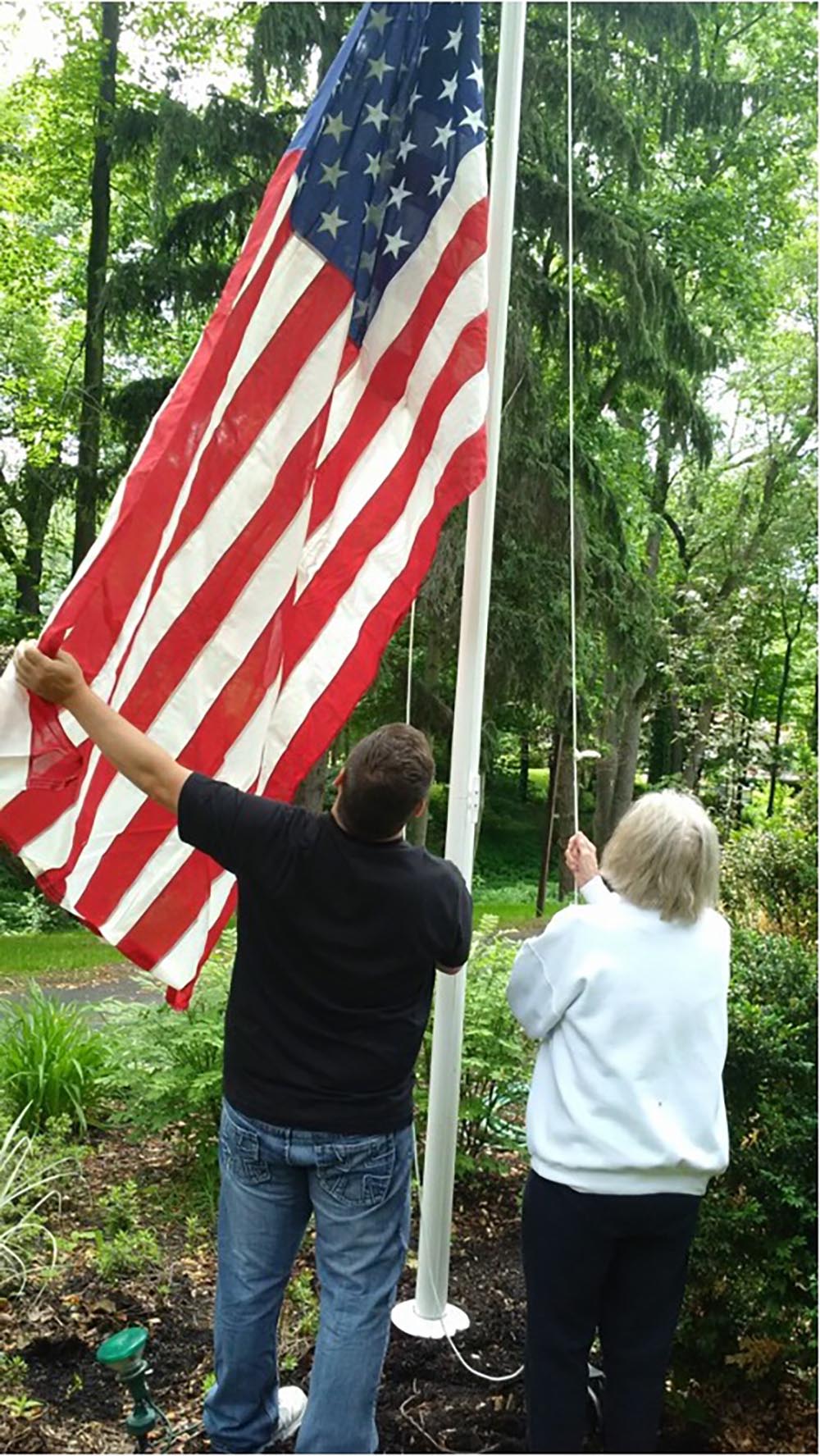 These behind-the-scenes people come from all situations. “One lady wanted a flagpole,” Hartmann says. “She was dying of cancer and she said, ‘I want a flagpole for my son to be able to look at every day and think about strength.’”
These behind-the-scenes people come from all situations. “One lady wanted a flagpole,” Hartmann says. “She was dying of cancer and she said, ‘I want a flagpole for my son to be able to look at every day and think about strength.’”
One man’s wish was for a new pair of shoes and socks. “He was in assisted living,” Hartmann says. “He walked out in the parking lot every day and his shoes were worn out, so he just wanted a pair of shoes and socks. He went up to Dick’s Sporting Goods and he got to pick out a pair of shoes and socks. It was so exciting for him. He wouldn’t take them off.”
The Louisville chapter recently bought two iPads for Nazareth Home. “One of the Bellarmine University classes is going to go over and teach them how to use them,” Hartmann says.
Many of these wishes may look small on the outside, but to these seniors, they’re a blessing received with a grateful attitude that people of any age can learn from.
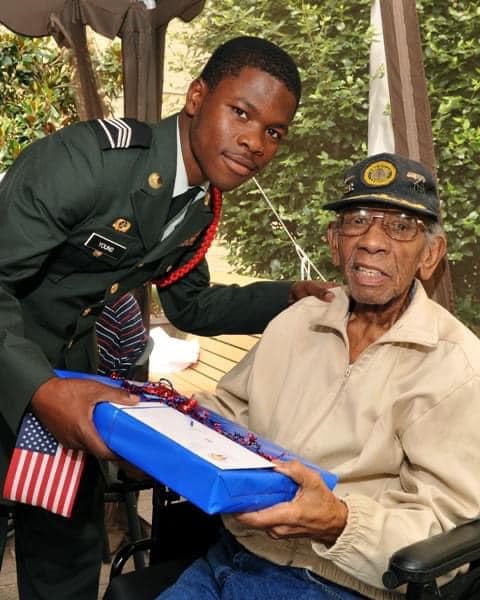
“Personally, I love the smaller wishes,” Hartmann says. “I think they’re much more meaningful for me and for the person.”
As the Louisville chapter grows, Hartmann encourages the community to get involved. Whether this is through volunteering – even volunteering to grant a wish – or through donating funds or goods, any help can be a big help. The impact, however, can be even more widespread. “Everybody has needs; everybody has things that they can offer,” Hartmann says.
She encourages everyone, no matter the time or place, to “be supportive of the older adults. Listen to what they are saying. Be respectful.”
It’s both a community-wide effort and a personal privilege. “The older adults that we’re dealing with, they’ve been through a lot and they’ve seen a lot,” Hartmann says. “We can learn a lot from them if we take the time. Don’t forget about the older adults in your life. Reach out, continue to be a part of their life, support them. If there’s a wish that they might want, let us know.”
This kind of support, whether affiliated with Twilight Wish or not, is an easy way to improve the lives of our aging loved ones, peers, coworkers and community members.
“There’s no playbook for getting older,” Hartmann says. “There’s going to be a big variety of people, from those who are doing really well and have a great support system to those individuals who are alone and have no support, and could use a little bit of Twilight Wish in their life.”
The process is different for each and every person, but in every situation, the community can play an important role in making Louisville a nicer place to age, one moment, one smile, and one Twilight Wish at a time.

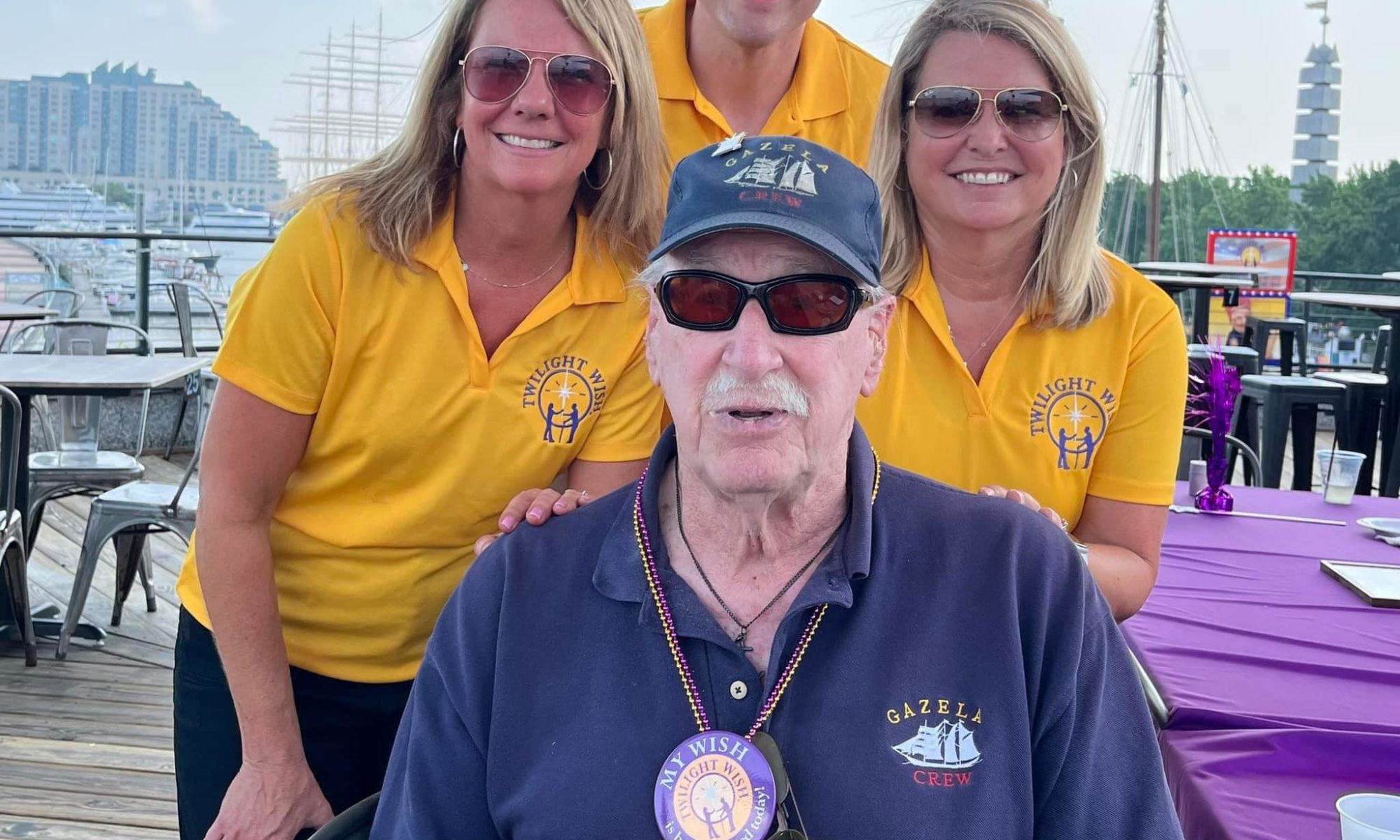
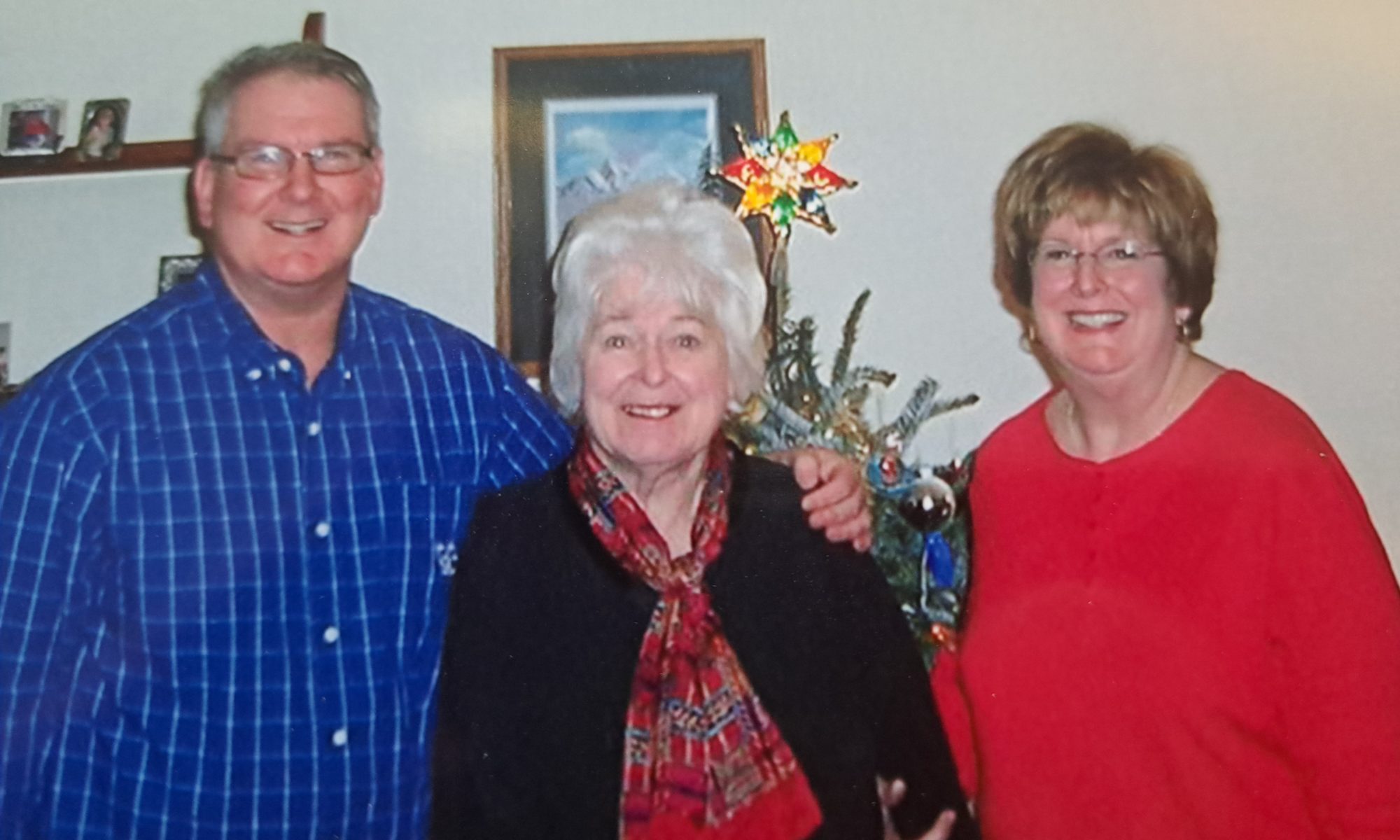
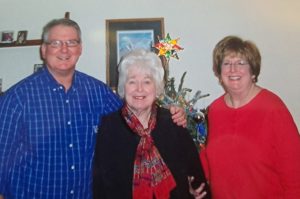
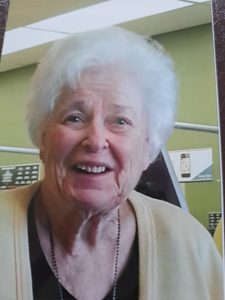 With the
With the 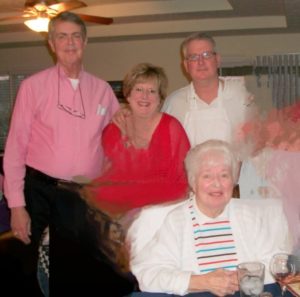 “I knew
“I knew 
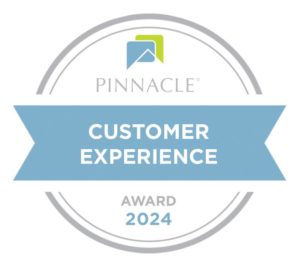
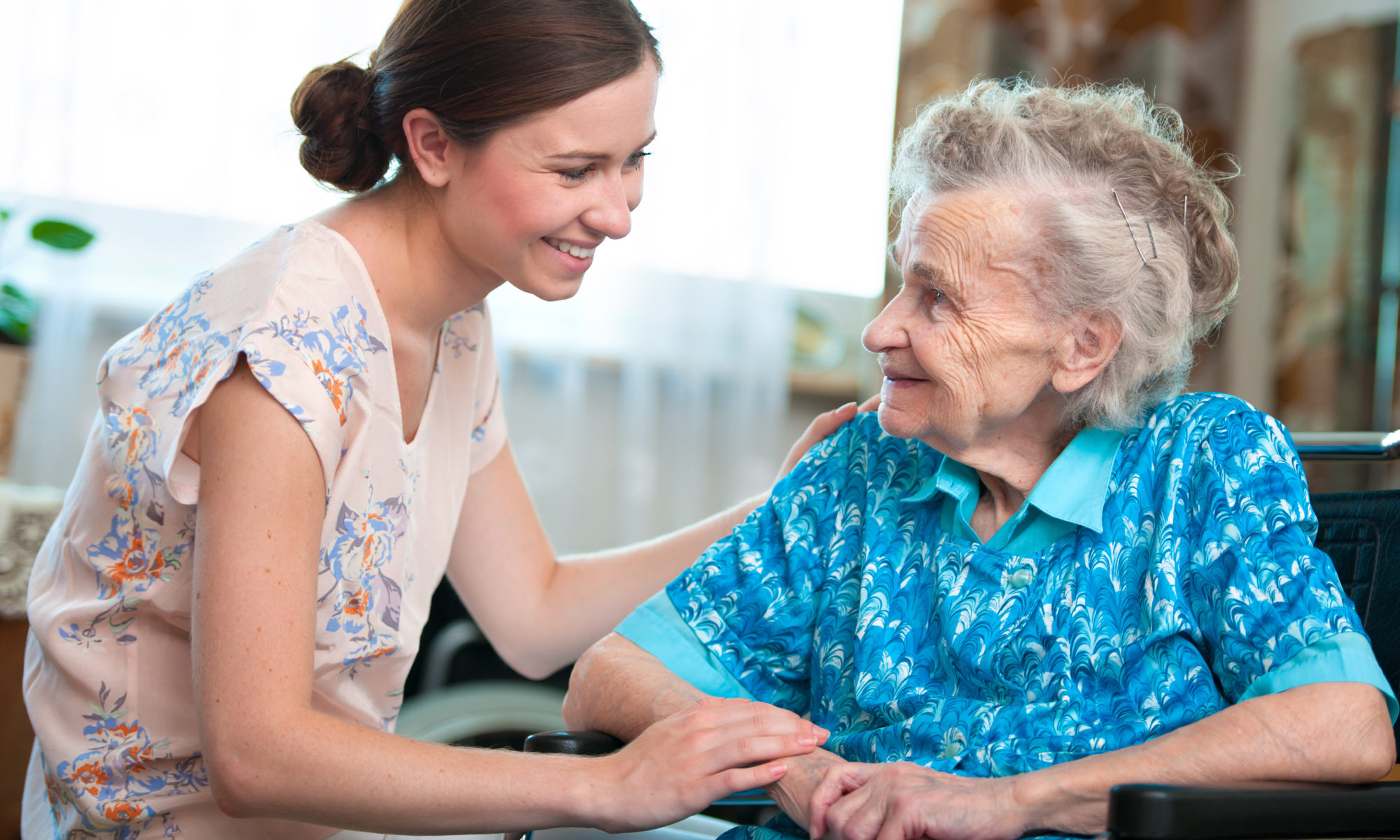
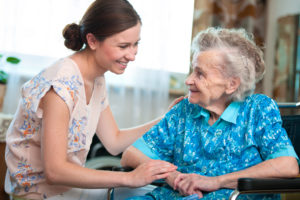 According to AARP, the approximately 42 million Americans who care for a family member or friend over the age of 50 contribute $600 billion worth of free labor to the economy. However, that care is not free to them. In fact, many individuals spend about a quarter of their annual income toward caregiving costs. Being a caregiver isn’t just an economic sacrifice – it’s also an emotional and often turbulent strain for the person. Because so many caregivers function quietly, expecting nothing in return, they exist quietly with few or limited resources.
According to AARP, the approximately 42 million Americans who care for a family member or friend over the age of 50 contribute $600 billion worth of free labor to the economy. However, that care is not free to them. In fact, many individuals spend about a quarter of their annual income toward caregiving costs. Being a caregiver isn’t just an economic sacrifice – it’s also an emotional and often turbulent strain for the person. Because so many caregivers function quietly, expecting nothing in return, they exist quietly with few or limited resources.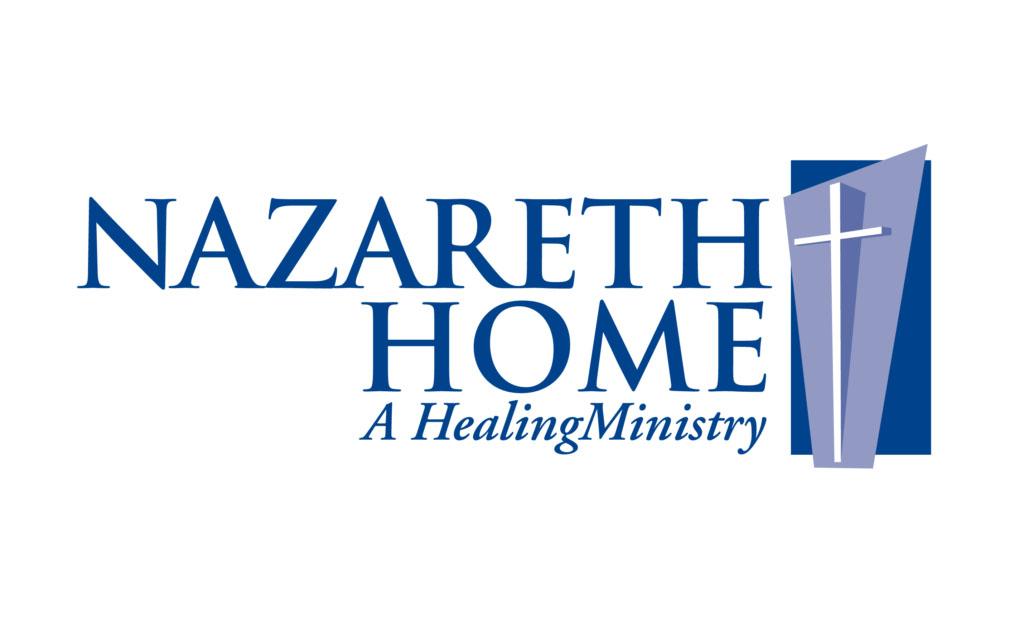
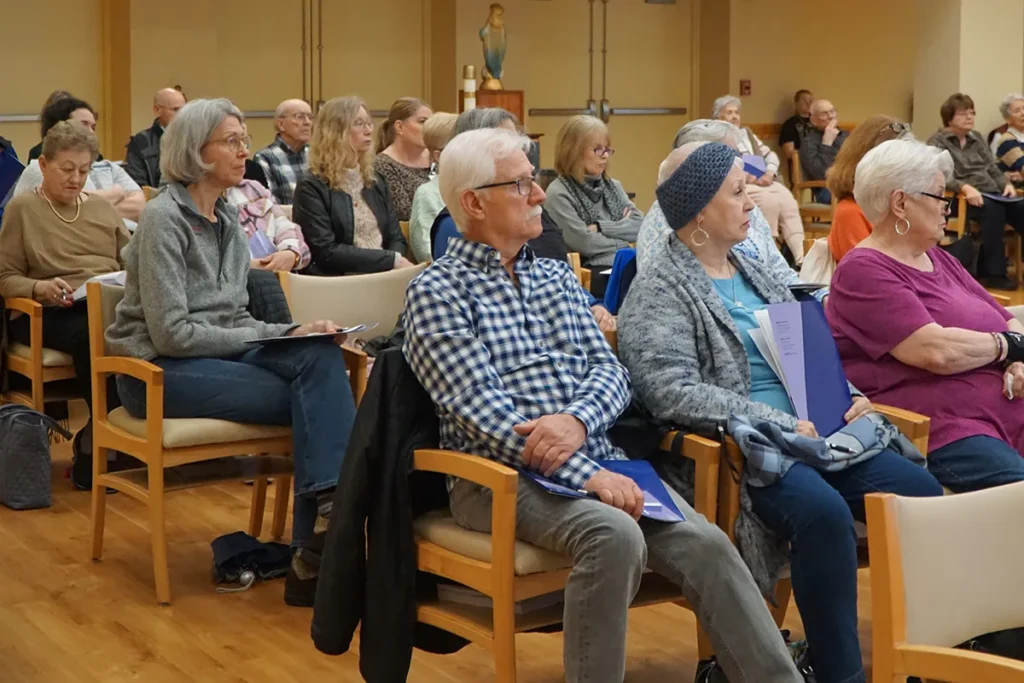
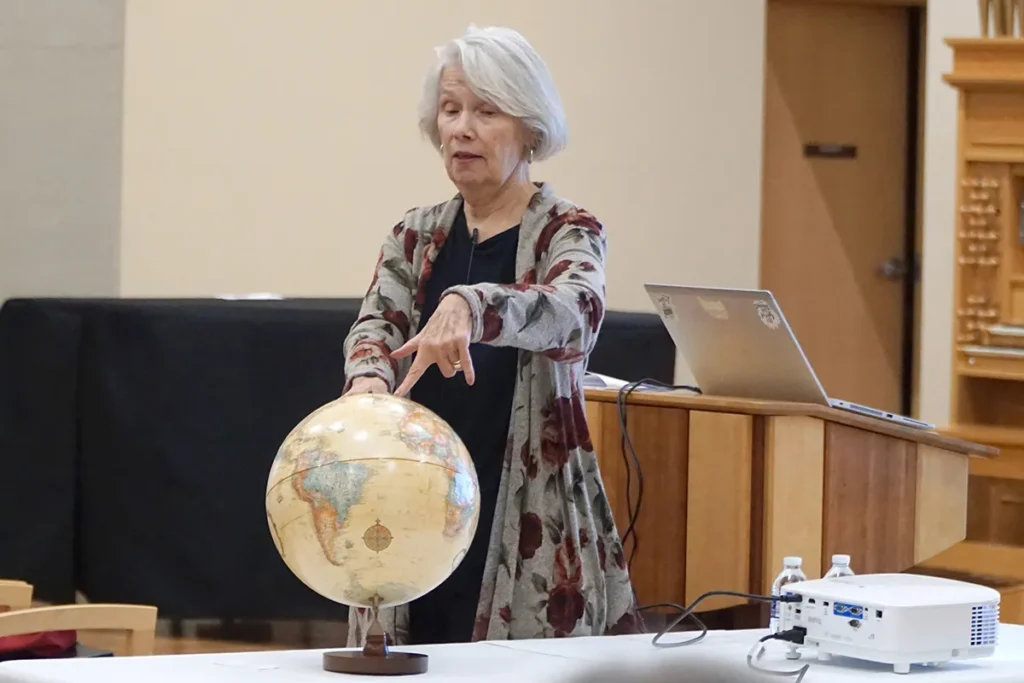
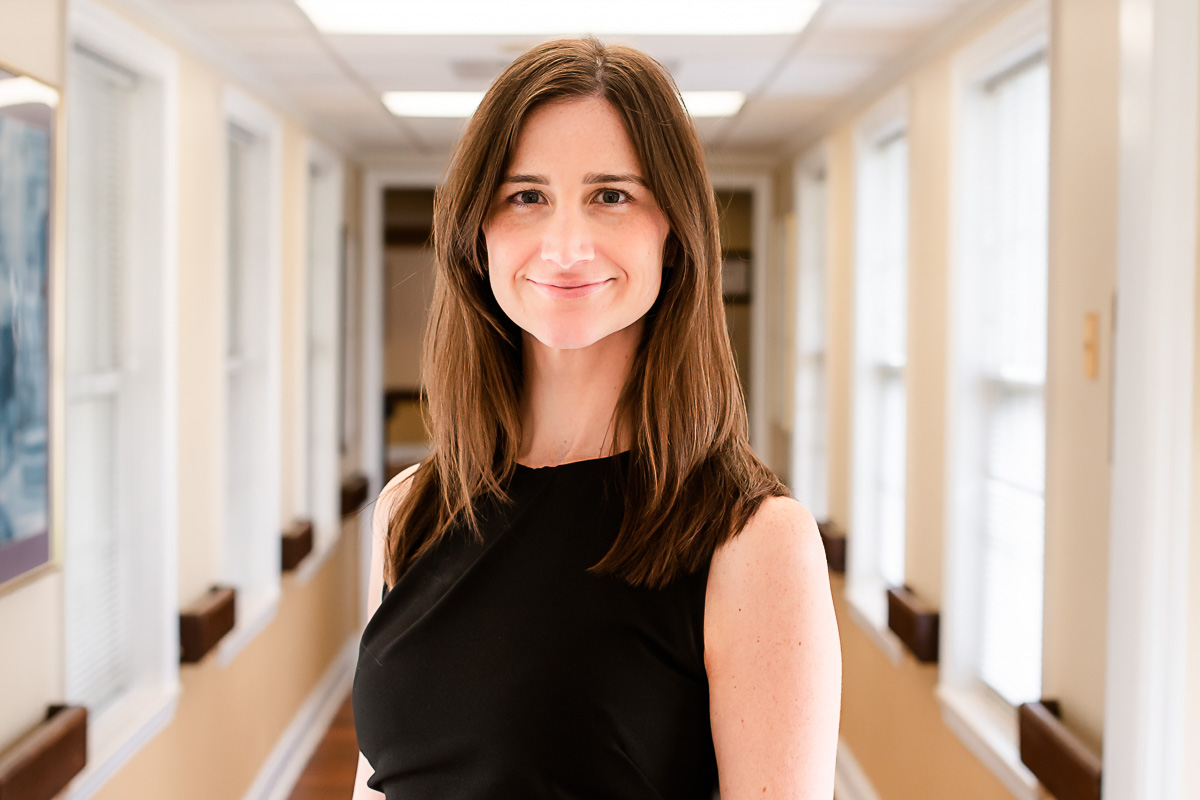
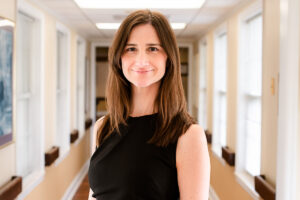 Ashley Cochran has been named the executive director of
Ashley Cochran has been named the executive director of 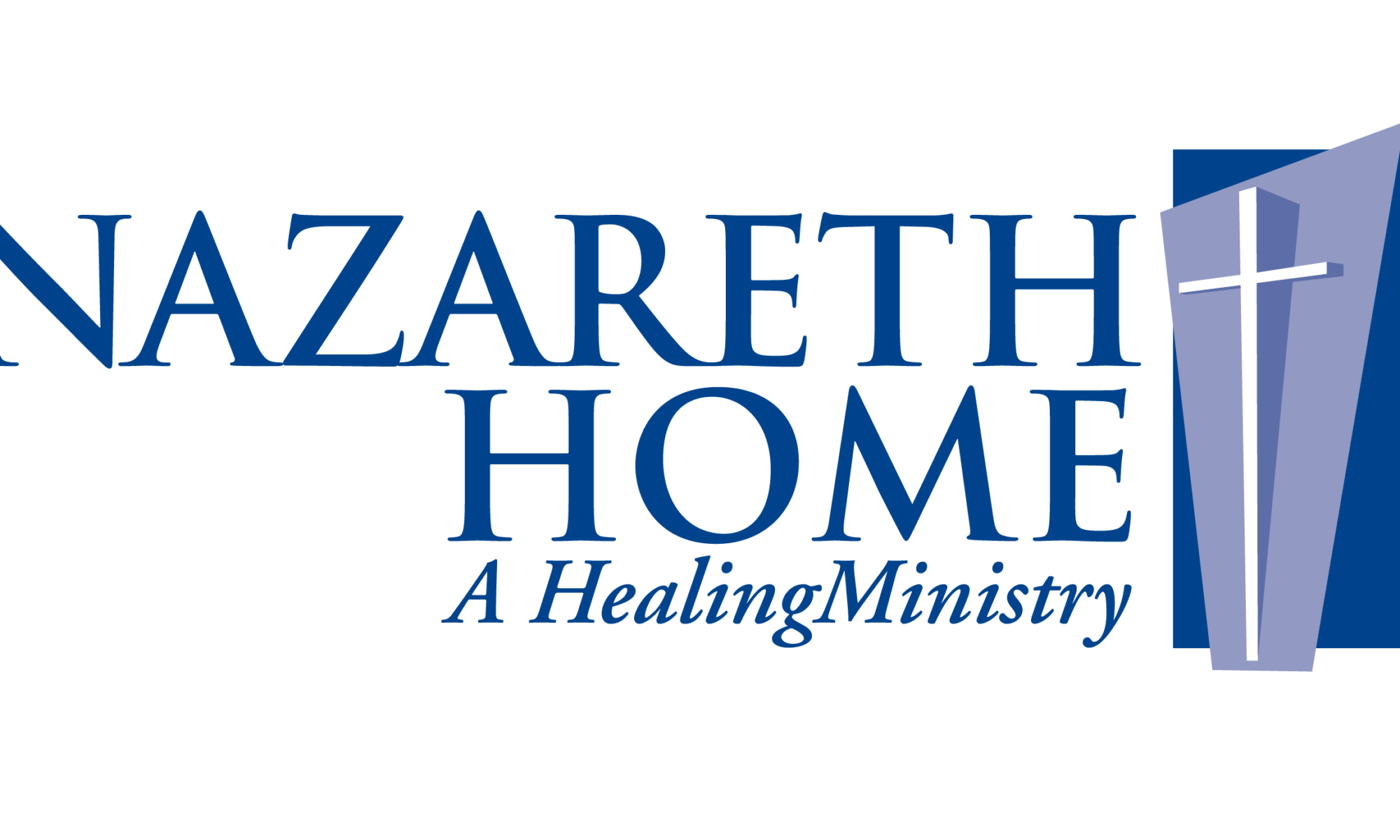
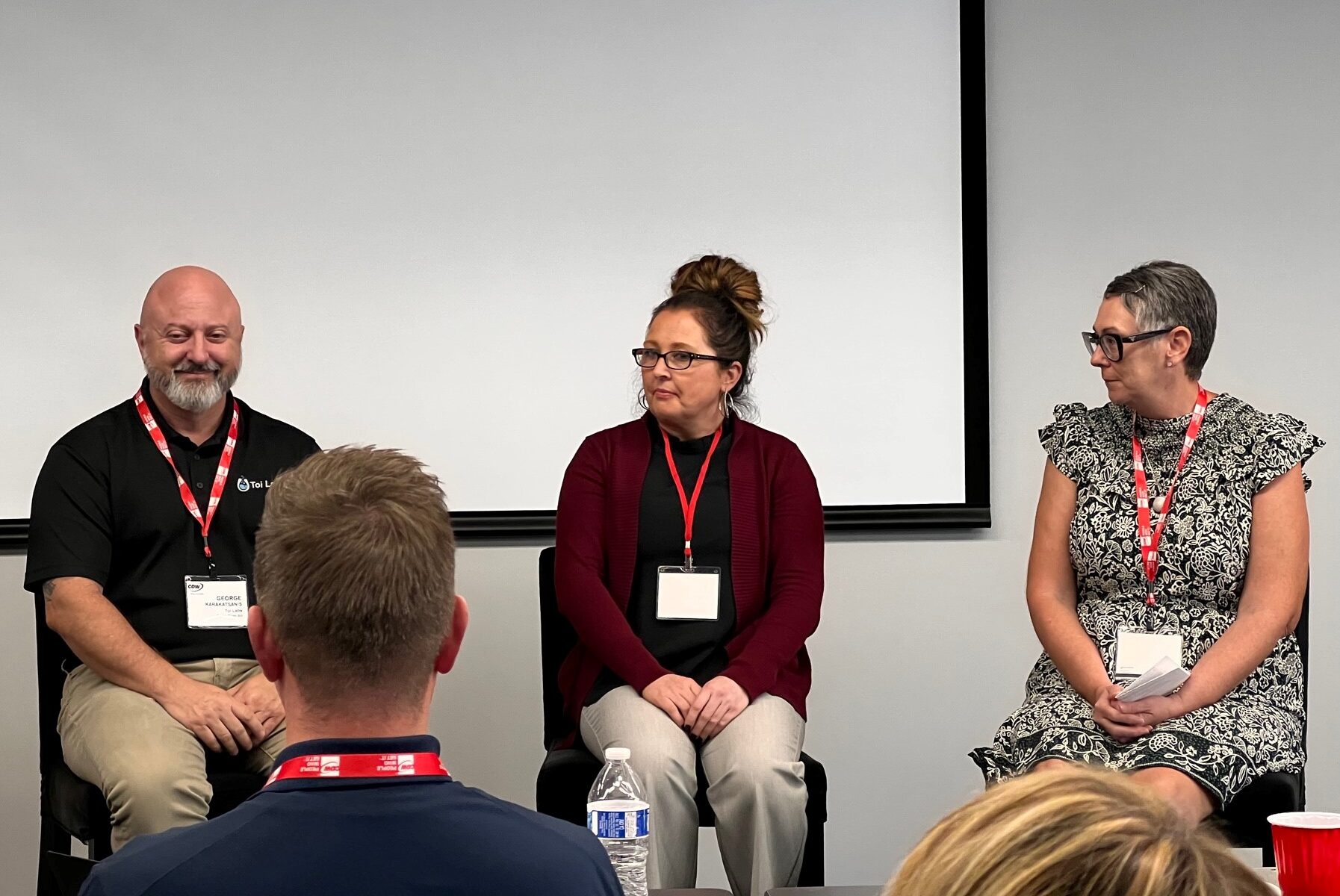
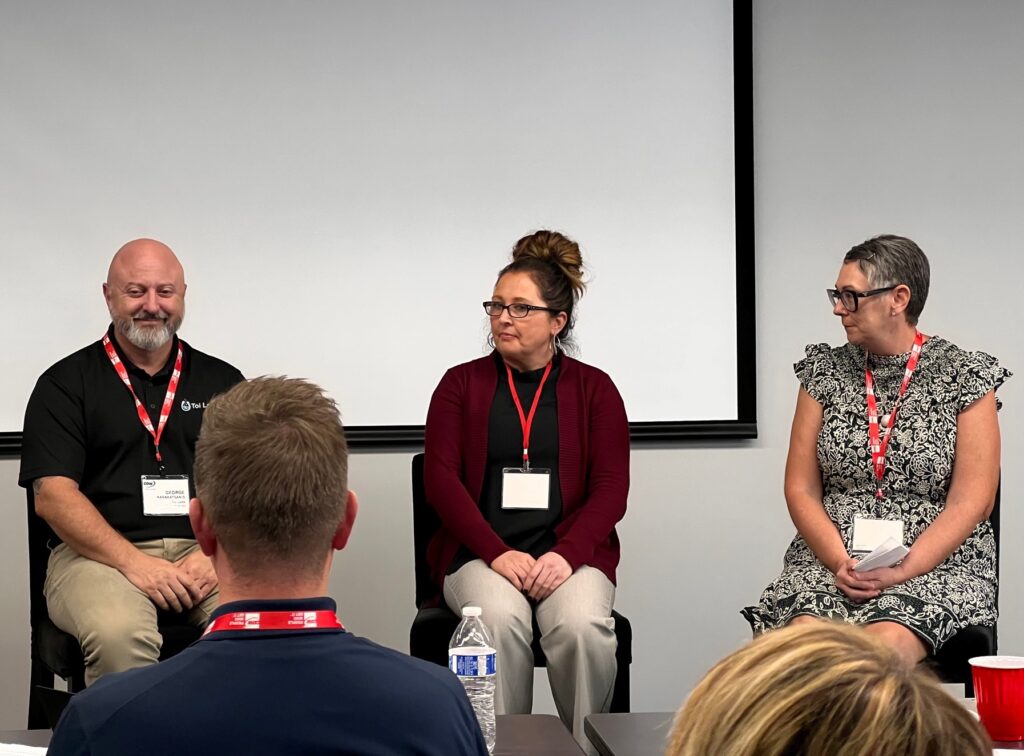
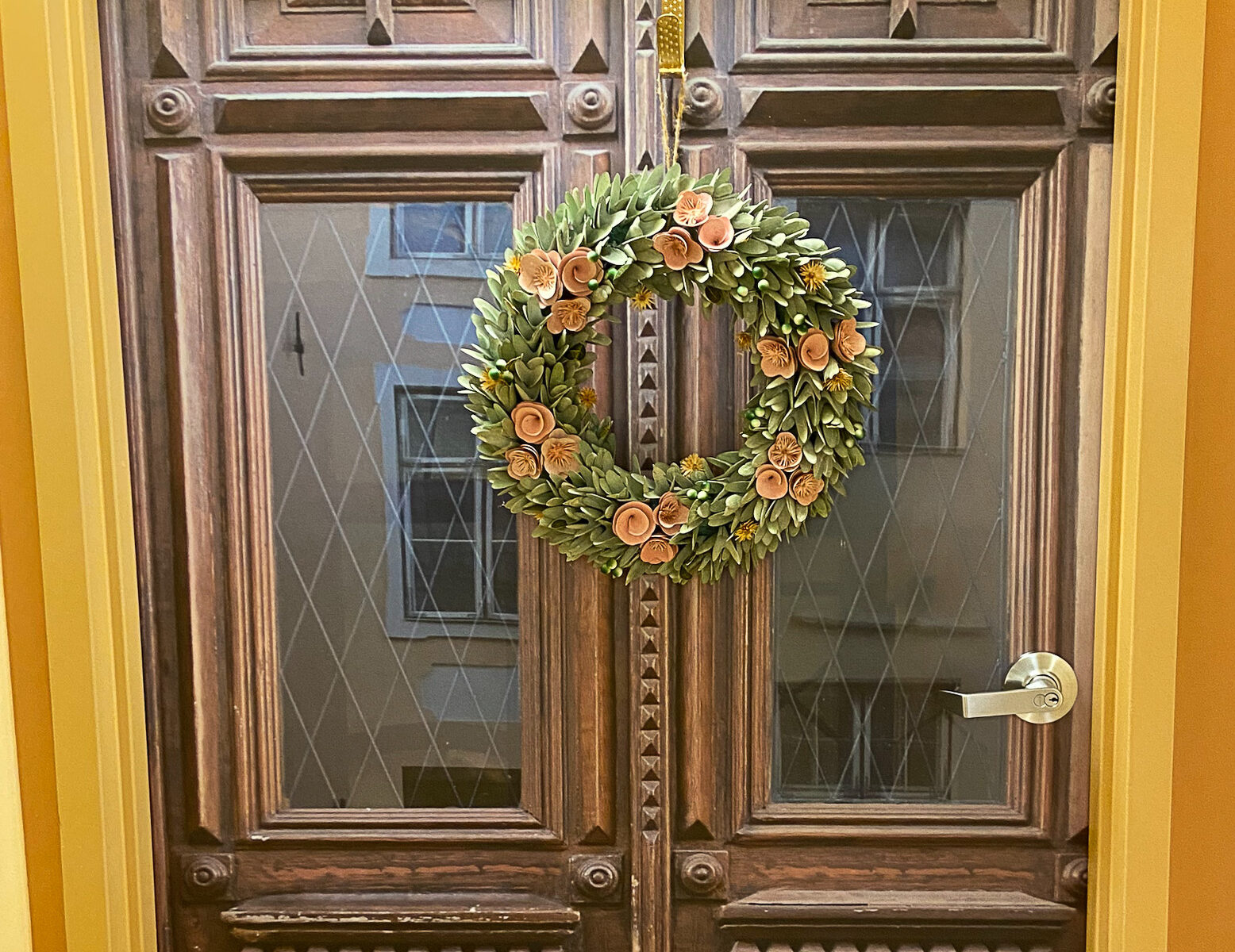
 A humble door can evoke a sense of tranquility. When you cross the threshold of your front door, a comforting embrace can envelop you, instilling a profound sense of security. In this treasured space that is yours, you are free to be yourself, shielded from the noise and business of the outside world.
A humble door can evoke a sense of tranquility. When you cross the threshold of your front door, a comforting embrace can envelop you, instilling a profound sense of security. In this treasured space that is yours, you are free to be yourself, shielded from the noise and business of the outside world. This is precisely the experience
This is precisely the experience 






